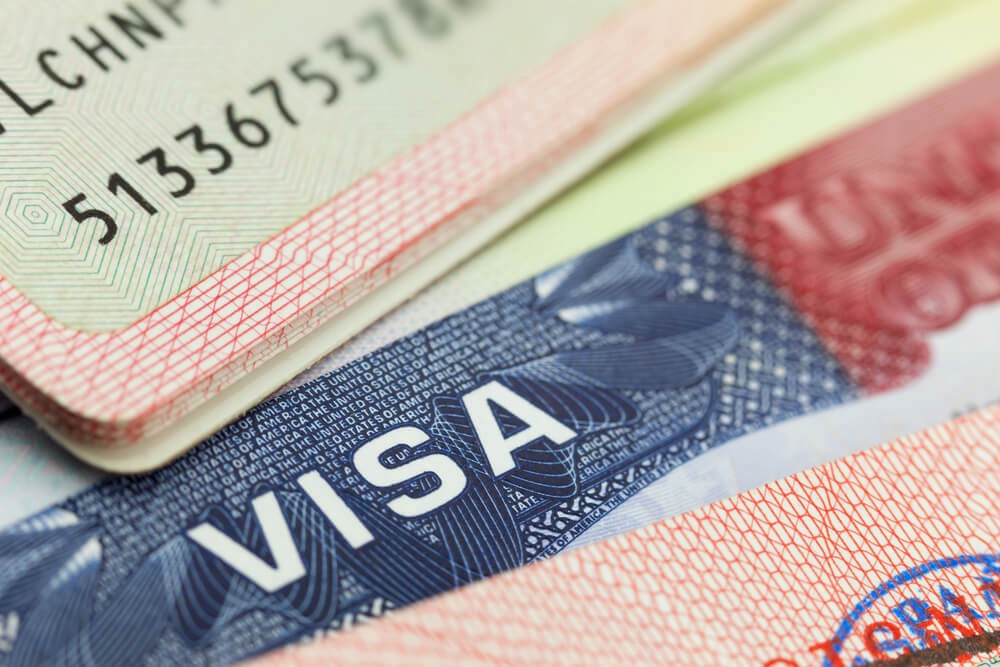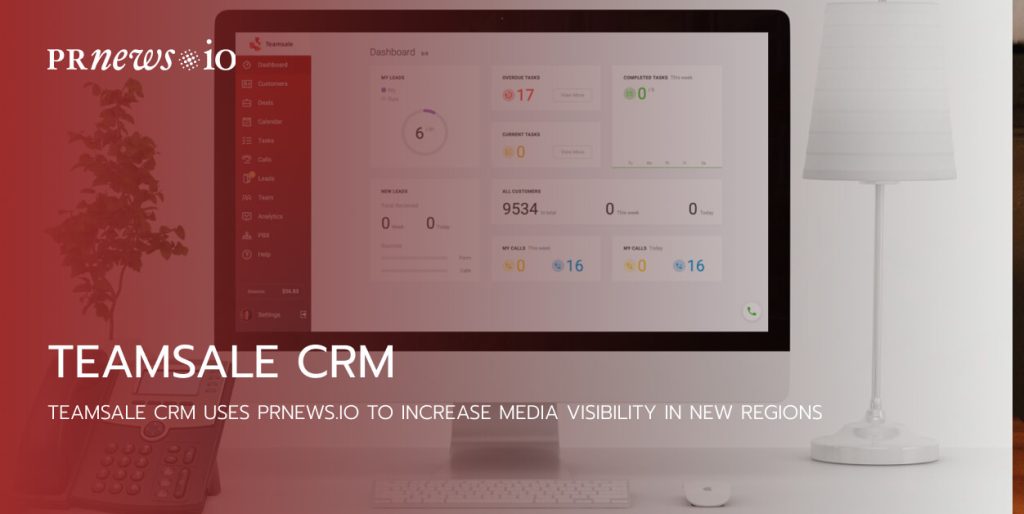Foreign scientists and researchers moving to the U.S. have developed and expanded the community of science and technology specialists, introducing them to new and innovative ideas. They have to help their employers, but their input in the national interest of the United States is invaluable. The challenge for scientists and researchers and the organizations that employ them lies in selecting the appropriate pathway to invite and retain these experts in the U.S. I present here an overview of some of the most commonly used US visa options and discuss in detail one of the main questions for a vital requirement – how many citations are required to qualify for a research visa.

Immigration Options for a Researcher
There are many paths to obtain a visa or permanent residence, which is a green card for researchers. You have an extensive choice, as long as you meet the qualifications to receive approval in the specific eligibility categories:
- Cap-Subject Industry H-1B
- Academic H-1B
- Individuals with Extraordinary Ability or Achievement (O-1A)
- J-1 Visa
- TN Visa
- National Interest Waiver (NIW)
- Extraordinary Ability (EB-1A)
- Outstanding Researchers and Professor (EB-1B)
How to Prove Extraordinary Ability for a Researcher?
Proving extraordinary skills for a scientist, educator, or researcher is generally more strict than it is for other professions.
For every type of visa, you have to meet specific requirements, but the typical condition for all of them is publication availability. For this category, you have to be able to present that the researcher has obtained a level of expertise demonstrating that the individual is one of the small percentages who have come up to the very top of the area of endeavor.
Extraordinary skills here are presented by providing proof either of the foreign national’s receipt of a significant, internationally recognized prize or documentation of at least three of the following criteria:
- Evidence of nationally or internationally acknowledged prizes/awards for excellence in the industry;
- Participation in associations in the industry that require outstanding achievement of their members, valued by recognized national or international experts;
- Published articles in professional or major trade publications or credible media about the alien;
- Participation on a panel or as an expert of the work of others in the same or an allied area of specialization;
- Original scientific, scholarly, or business-related input of significant importance;
- Writer of academic publications in professional magazines or other major media;
- Current or previous employment in a crucial or principal capacity for institutions and establishments that have a notable reputation; or
- A past or proffered high salary or other payments for services, proved by contracts or other reliable documents.
Citation count numbers are relevant to assist the following criteria in visa petitions (“extraordinary ability” petitions):
- Published articles in professional or major trade publications, journals, or other major media outlets about the beneficiary and the beneficiary’s work in the industry for which classification is sought; and
- Original scientific, scholarly, or business-related input of major significance in the industry.

How Many Citations Do I Need?
Specifically, the number of citations of your publication will support, in part, a performance of originality and significant importance in the field. A high number of citation counts can also showcase that others have published articles about your work. However, this is most useful if the citation is in a prestigious and credible publication. Ideally, the publication would include information about the results of your work beyond just the citation. A popular question is whether citation counts are required to fit these criteria. The short answer is that it depends on the area of your expertise.
For some areas, it is perfectly commonplace for research papers that cite and are cited by others. For example, if you carried out or completed a Ph.D. degree in the sciences, it would be expected for you to post one or several research documents during your studies and research. However, in certain other areas such as business or technology, it may well be the standard for not posting your research documents. That means that citation numbers may or may not be necessarily published as proof depending on your expertise. Furthermore, if you have a low citation count but are able to prove that it is still above the average citation numbers for others in the area, your actual low citation number itself would not be so significant.
If you have published a paper, submitting the publications alone would be insufficient. You would have to submit other supporting proofs related to it, including:
- citation numbers (if any);
- details about the media outlet and its ranking (e.g., impact factor);
- any conferences where the paper was presented;
- other measurable factors that can support the use, importance, and major significance of the documents.
The impact factor becomes especially important if your research documents were only recently posted and therefore have not had time to collect high citation numbers. In such cases, by emphasizing a vital impact factor (i.e., the number of times an article in a media outlet has been cited in a given year), you may present a substantial potential for the publication to gather more citations in the future.
If you have a low number of citations, another path is to highlight the ranking of the media outlet. A journal’s ranking can help to show how many citations the journal gets compared to other journals in this area (as opposed to the impact factor described above, which relates to the number of times a post in a journal has been cited in a given year). In practice, such data about media rankings becomes even more important in cases where a field may be considered highly specialized or unique with fewer individuals undertaking the field such as nuclear engineering, instead of a more familiar area such as environmental scientists.
There is no magic number as to how many citations in total would be considered sufficient for a research visa. Even with a deficient citation number, it is still possible that a document and its related work could have had significant importance in the subject. It is essential to consider the totality of available proof to be submitted about the papers and the rest of the petition. For example, you may have won prestigious awards admitted nationally or internationally, developed a patent, and played a crucial role for institutions, but have no research papers with citation numbers available. In such a case, it’s possible not to have proof of citations at all.
But if you didn’t receive significant awards and didn’t have enough publications about your work, you have another option to feature your idea and achievements. Check out the PRnews service. There you may contact directly with reporters, who will estimate and write about your scientific work and its impact and publish it in reliable and appropriate media outlets.
Petitioners should also remember that even in cases where citation numbers matter, the publications’ quality, and credibility matter more than simply the raw citation counts. Additionally, some areas of endeavor take a lot longer to occur with new research outcomes, and hence, the field may have fewer articles than other fields. If this is the case, it would be essential to explain and describe the field’s everyday practices and standards within the petition to demonstrate the citation counts and give it a contextual framework within which the adjudicator can check the evidence.
Content Marketing Platform
- 100,000+ media publications;
- get backlinks to your product;
- scale work with content distribution.
Conclusion: how many citations are required to qualify for a research visa?
Foreign national scientists and researchers have several viable ways to move to the U.S. and weigh all the options before deciding what visa to choose.





